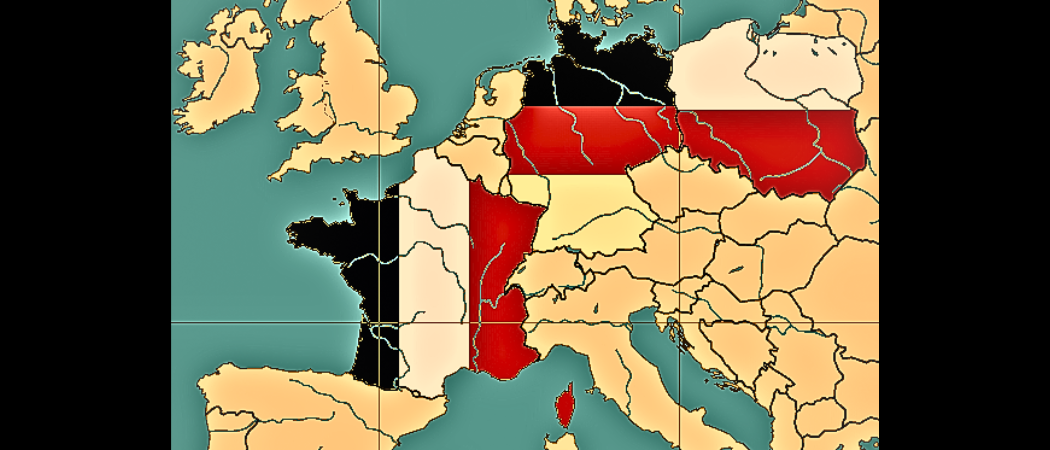The three governments are joining forces to push for EU-wide coordination of a common strategy for AI made in Europe

Three leading member states have formed a political alliance to push for better coordination between national plans and investment in artificial intelligence with EU policies relating to the sector.
Germany, France and Poland say member states will need to work more closely together if the EU is to catch up with the US and China and develop its own versions of AI that inject innovation into the European economy, but are also rooted in EU rules and democratic principles.
At an event organised by the German federal government in Brussels today (23 January), federal research minister Bettina Stark-Watzinger said joint action is needed if the EU is to be on equal terms with the US and China in the development and deployment of artificial intelligence.
“Germany is prepared to assume responsibility, together with France and Poland in particular, in the Weimar Triangle format,” Stark-Watzinger said in a written response to questions by Science|Business.
The Weimar Triangle was launched in 1991, when the three countries agreed to work together on European issues, with France and Germany helping Poland transition from the communist regime that had just collapsed. The model could be used again, but this time with Poland also a leader, being the richest of the EU member states that joined the bloc after 2004.
The EU played a secondary role in the internet industry, with very few significant contributions to search engines, social media, and other internet platforms for entertainment and shopping. AI might be a second chance for the EU technology sector. “We are now given another opportunity, so let's not be driven, let's be the drivers,” Stark-Watzinger said.
France’s research minister Sylvie Retailleau said the goal of the Weimar Triangle is to shape a common strategic approach to AI. “The EU must be capable of developing and deploying AI on its own,” Retailleau told conference delegates via a video link on Tuesday. The EU should also attract top talent from around the world and ensure AI technologies it develops are used responsibly, she said.
This view was echoed by Stark-Watzinger. “We have to do even more to make Europe attractive for cutting-edge researchers, convincing them to stay or to come to Europe from all over the world.”
The EU has funded AI research projects through its research and innovation framework programme, Horizon Europe and its predecessor, Horizon 2020. Funding for AI is also available through the Digital Europe programme.
The current multiannual budget of the EU allocates significant resources for projects in the field, while the European Parliament, Council and Commission are working towards a final agreement on the AI Act, the world’s first regulation of artificial intelligence.
Also, the European Commission is planning to allocate funding for a new initiative to fast-track access for AI start-ups to Europe’s high performance computers to train their models. The initiative was first announced by Commission president Ursula von der Leyen in her state of the union speech in September 2023, but is expected to be rolled out tomorrow.
While Germany already has a national action plan for artificial intelligence, EU R&D investment can complement efforts by “member states that cannot make progress on their own,” said Stark-Watzinger.
But EU institutions and member states could work more closely together to shape how the technology will impact the bloc. “As always, at the beginning of the technology breakthrough we have a unique opportunity, we can actively shape it, and it is my wish that we do this together here in Europe,” she said.




 A unique international forum for public research organisations and companies to connect their external engagement with strategic interests around their R&D system.
A unique international forum for public research organisations and companies to connect their external engagement with strategic interests around their R&D system.